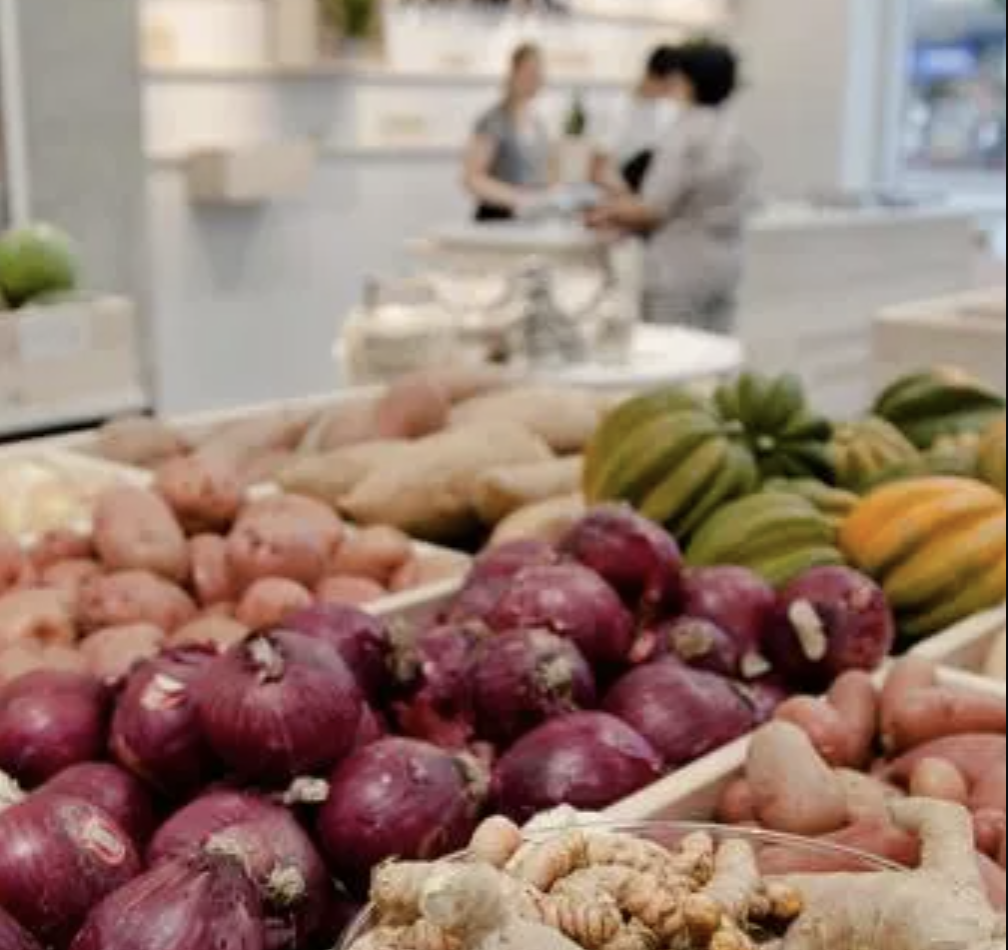Accounting for Reductions: The Carbon Footprint of a Zero Waste Grocery Store

The food sector is responsible for 20-30% of all global greenhouse gas emissions (GHG). These emissions are a driving factor of climate change, leading some in the industry to seek opportunities for reduction. Emissions from the food system are found throughout the supply chain, from the growing practices at the farm level, transportation of products, storage, preservation and protection, and disposal. A large fraction of these GHGs are emitted after products leave the farm, as they make their way to the consumer. Grocery retailers can have a large impact on emissions, even before they leave the farm. Grocery stores are in a unique position as the intermediary between the producer and consumer. With a growing population and a strained food system in need of change, a growing number of stores are investigating their practices to seek ways to reduce their overall carbon footprint. Nada Grocery is a Vancouver, BC based grocery store that offers sustainably sourced foods, zero waste lifestyle products, and a package-free shopping experience. What sets Nada apart is their drive to not only understand their carbon emissions as a business, but also those along their supply chain. This project quantified the carbon footprint of Nada Grocery for 2019 and 2020. We identified areas of success and areas of improvement along their supply chain, as well as the carbon savings through their food waste diversion programs. With these areas identified we were able to develop a high-level framework for food retailers to use as a guide to implement initiatives that will reduce carbon emissions.
Acknowledgements
Bren School: Roland Geyer, Professor; Kelsey Jack, Associate Professor; David Tillman, Distinguished Professor
Ian Walker, Co-Founder, Left Coast Naturals